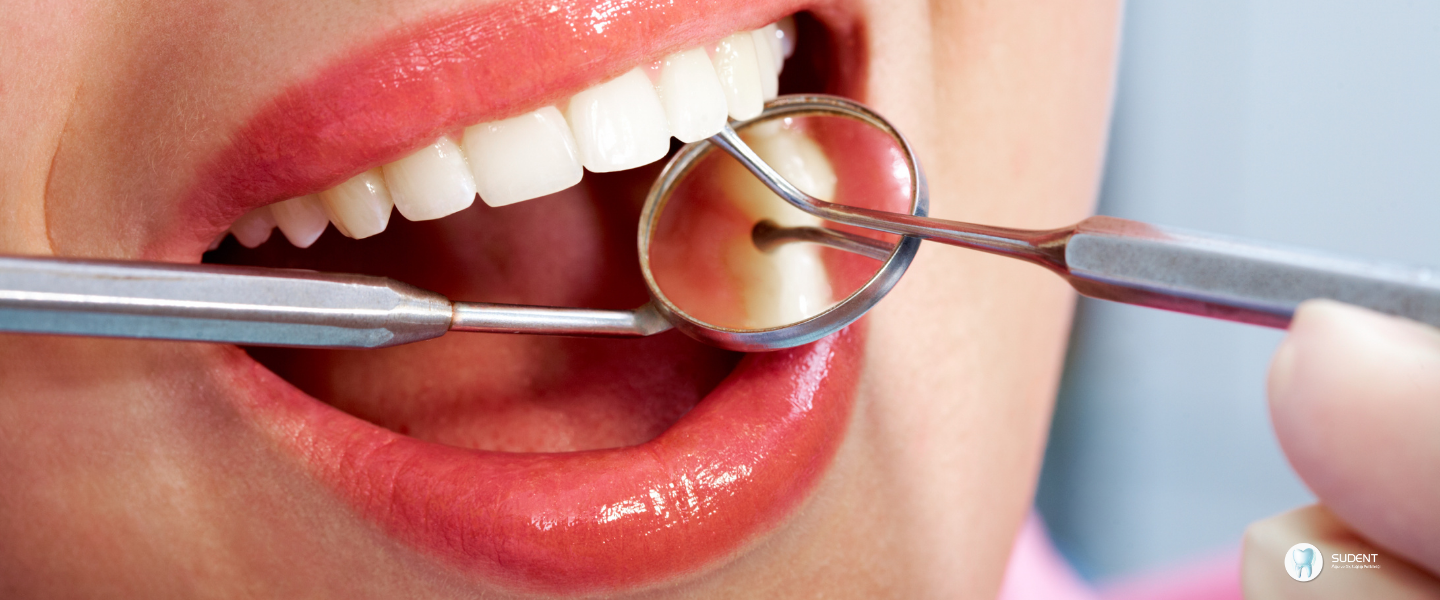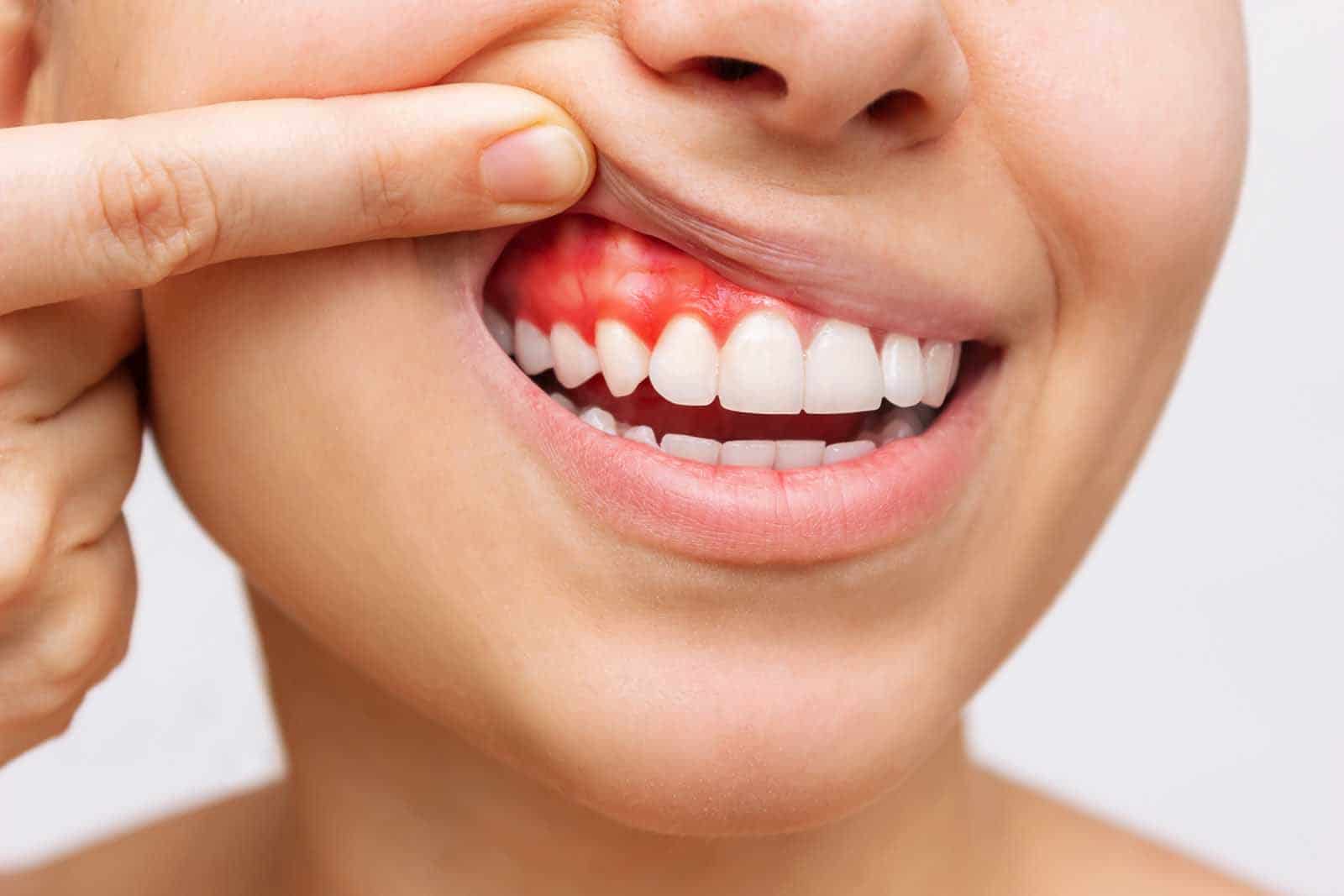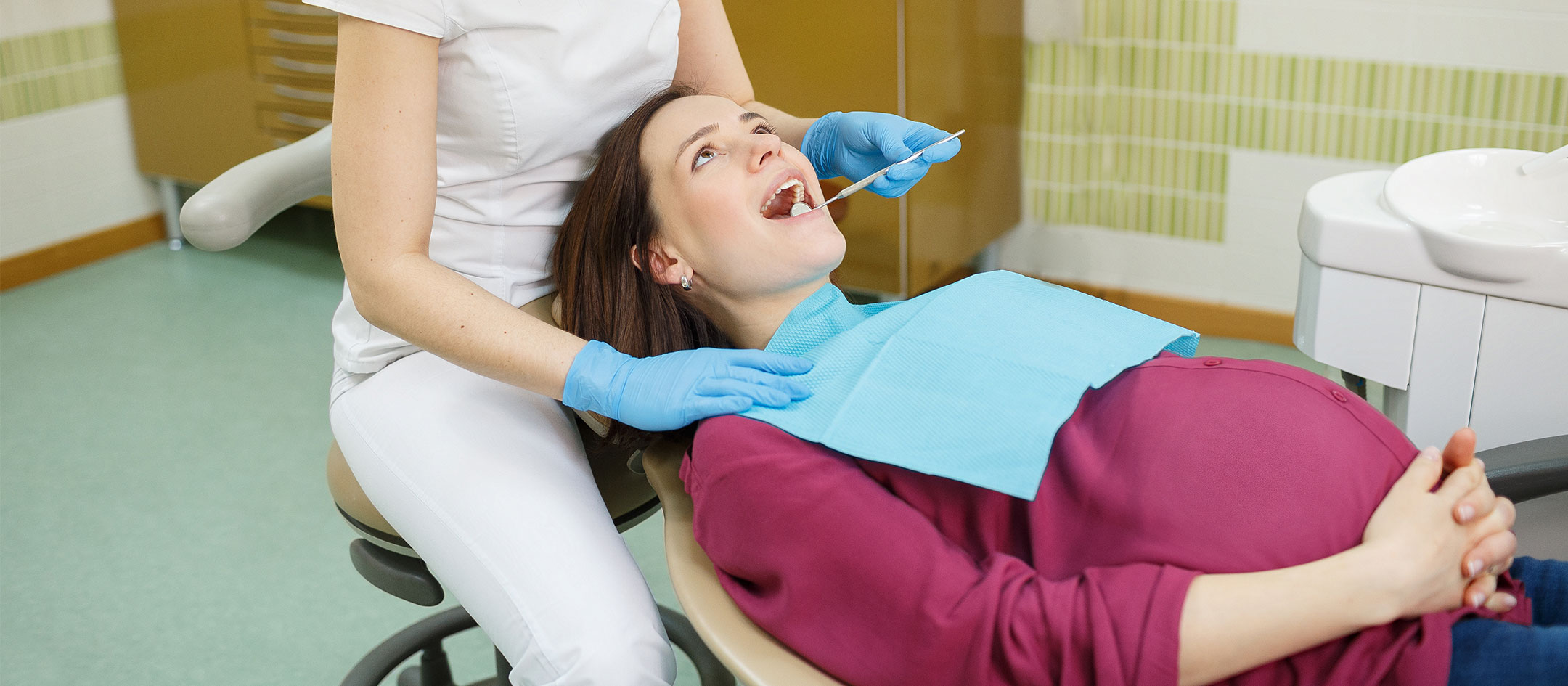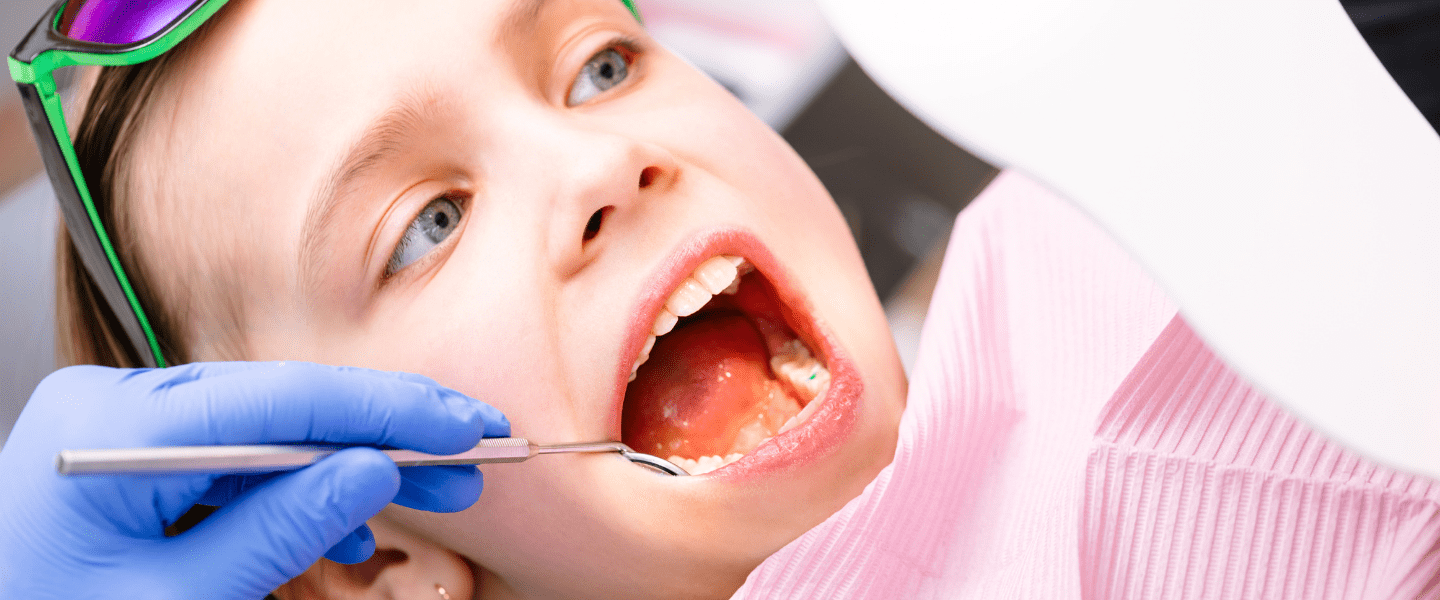Working Time
-
Mid-week 09:00 - 21:00
Saturday 09:00 - 21:00
Sunday: Close
Contact Info
-
0212 651 42 42
- [email protected]
Ask Question
Oral, Dental and Maxillofacial Surgery

Caries formation: When a wisdom tooth erupts, saliva, bacteria and food debris accumulate in the space around the tooth. This poses a serious threat to both the wisdom tooth and the molar next to it. This type of decay can be very difficult to recognize and treat. Over time, complications can develop that can lead to serious problems such as pain, infection and abscesses.
Pericoronitis: A partially erupted wisdom tooth creates an infection-prone environment in the gums. Bacteria and food residues can accumulate here and cause infection. This can cause bad breath, pain, swelling and limited mouth opening (trismus). The infection can spread to the cheeks and neck through the lymph nodes. This focus of infection around the wisdom tooth is prone to repeated infection.
Pressure Pain: During wisdom tooth eruption, space constriction can occur, which can create pressure on neighboring teeth and cause pain. In some cases, this pressure can result in swelling and edema.
Denture Planning: When planning a mouth prosthesis, the condition of the wisdom teeth must be evaluated. Wisdom teeth extraction can cause changes in the oral structure and a new prosthesis may need to be made.
Cyst Formation: Cystic lesions may develop around impacted wisdom teeth. These cysts can cause bone loss, spontaneous fractures in the jawbone and displacement or damage to the surrounding teeth. In such cases, the tooth must be extracted and the cyst removed. Rarely, when these cysts spread over large areas, they can develop into tumors and lead to fractures in the jawbone.
Orthodontic Causes: If the dental arch is complete and the wisdom teeth will disrupt this arch form, the teeth may need to be extracted. In addition, infections that develop in the root tips of the teeth may require operations to clean the inflamed root tip and surrounding tissues.
Implant Treatment: Implants are artificial tooth roots placed in the jawbone to restore the function and aesthetics of missing teeth. In the case of a single missing tooth, treatment can be provided without touching the neighboring healthy teeth. In addition, in cases of multiple tooth loss, fixed bridges can be made instead of removable prostheses. In cases of complete edentulism, oral functions are regained with fixed prostheses. Bone resorption caused by tooth loss and traumas negatively affects prosthetic functions by reducing the level and volume of the jawbone. This can cause chewing and speech problems.
Tooth Extraction: In some cases, it becomes necessary to extract teeth. These include large untreatable caries, advanced periodontal diseases, untreatable infections and abscesses in the roots of the teeth, extractions for orthodontic treatment, malposed teeth and teeth that are broken beyond repair.
STUDENT ORAL AND DENTAL HEALTH
Online



